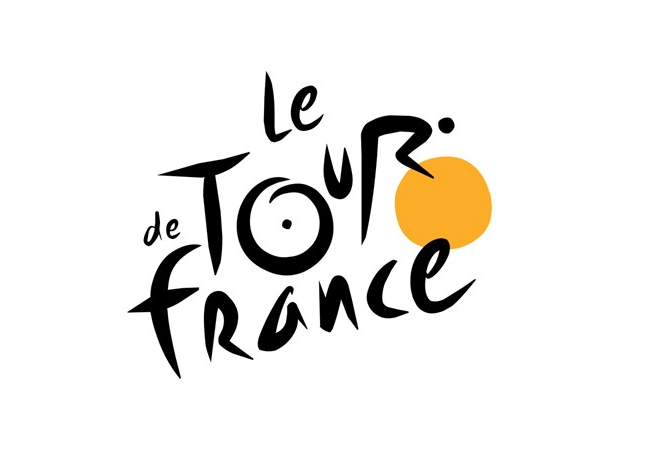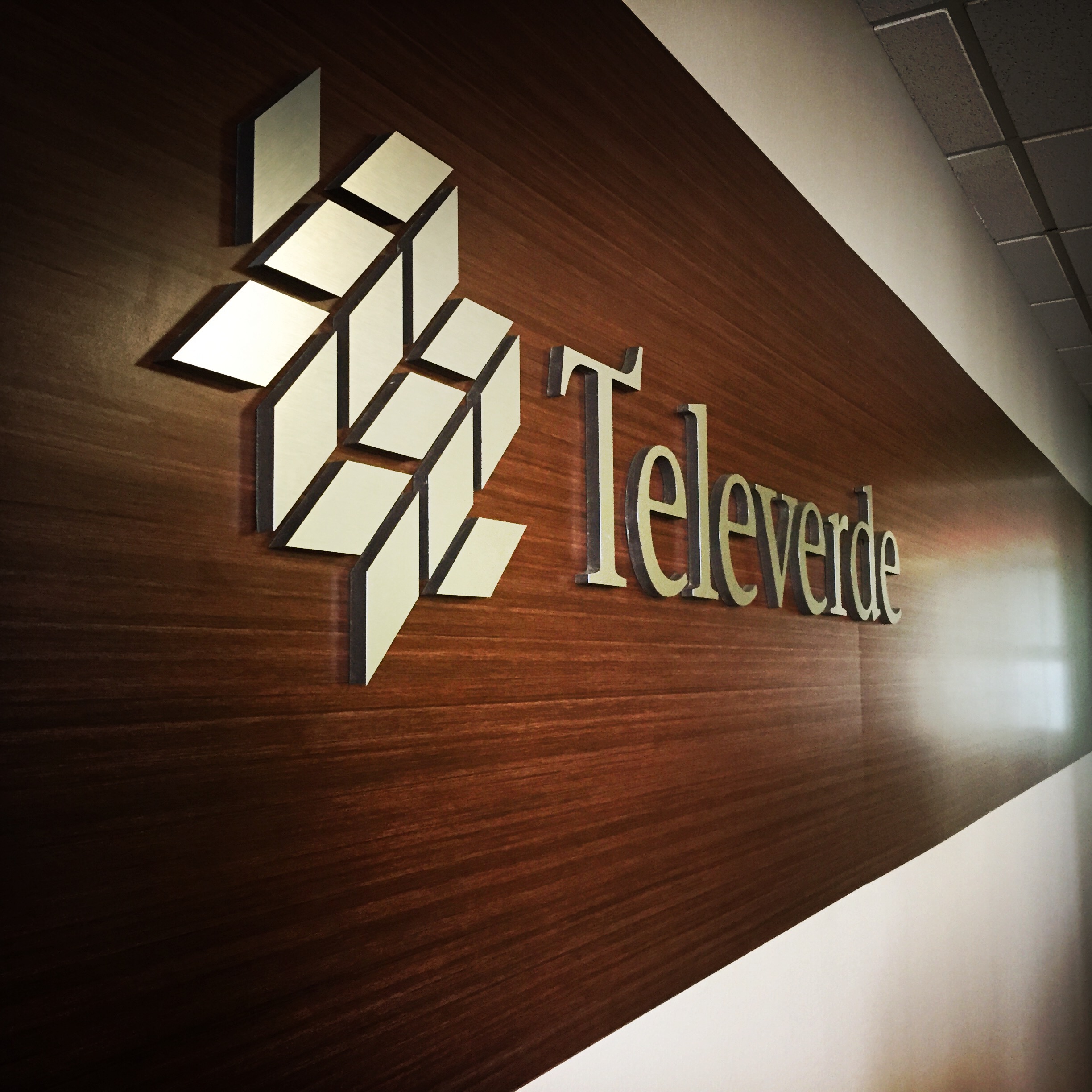
Could Einstein have won the Tour de France?
Posted by Stacey Pilcher
Have you ever watched the Tour de France? It is a grueling race which this year involves 198 riders, 300 team staff members and 21 stages. Riders will pedal 3,360 miles in three weeks to complete the 2015 race and undoubtedly will encounter many challenges along the way. Already during Stage 3, there was a horrendous crash that took down 20 riders with less than 37 miles remaining in the stage. The race officials first had racers in the peloton slow and hold their relative positions, and then decided to stop the race altogether for 20 minutes, until the fallen racers could get back on their bikes.
This sport is so dependent on team work. If a rider falls behind, it is nearly impossible for him to get back into the peloton, unless it slows or waits like during Stage 3. Breakaways are common, but it seems most breakaway riders eventually get consumed by the peloton. The team strategy is to get their top rider into the yellow jersey. It is based on strategic priorities, but remains nimble to allow the team to pick just the right moment to go for the win.
How do you approach strategic planning?
Teams on the Tour have plans, but crisis is always just around the next bend with a flat tire, a bump with another rider, slippery pavement, cobblestones, spectators taking selfies, a simple miscalculation, lapse in concentration or just an error in judgment. Plans change. Similarly, in business, gone are the days when you could use historical data to predict the future. In today’s fast-paced world, strategy needs to be nimble and decision-oriented. According to the Harvard Business Review, strategy needs to move from “review and approve” to “debate and decide.” It encourages companies to stop making plans and start making decisions.
Strategy starts with setting strategic priorities. But, if suddenly your competition starts to lag, there needs to be flexibility to change priorities, debate and decide the next move, and maintain the momentum. At the Monitor Institute, a social enterprise division of Deloitte Consulting, they call it “adaptive strategy”.
To provide structure to this type of approach we suggest the following four steps:
- Set strategic priorities
- Monitor the environment
- Adapt priorities
- Debate and decide
Repeat
I hope you have time to watch a few stages of the Tour to see their teamwork and planning in action, and witness their dedication, grit and quick decision making. If not, think about what Albert Einstein said, “Life is like riding a bicycle – in order to keep your balance, you must keep moving.”
To learn more about strategic priorities follow me on twitter @pilcheretal or connect on LinkedIn.
Download Free Marketing InfoSign-up for email updates





